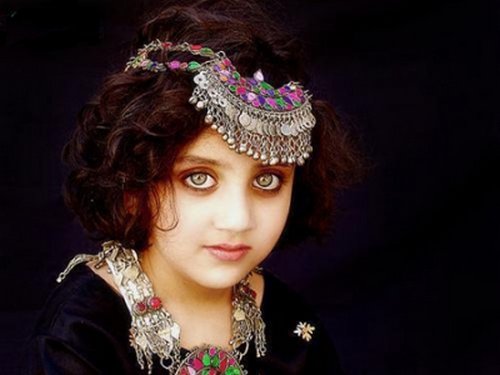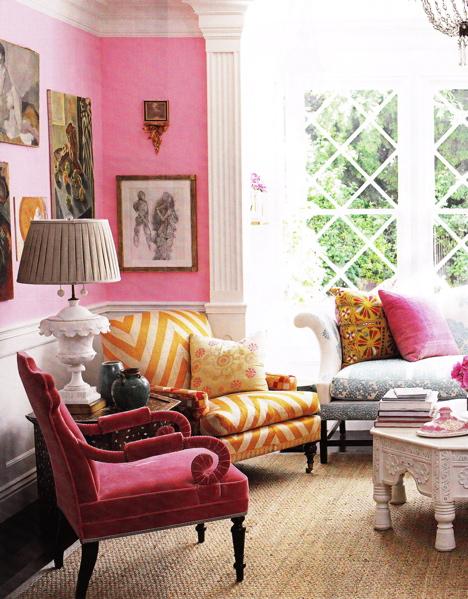STORIES FROM THE HEART / Day 2 -- An Essay by Guest Writer Mundo Al Reves
Every 15 seconds, a woman or woman is beaten. Domestic violence, or domestic abuse, is a taboo in most countries, yet is frequently not discussed or reported. I believe that shame is the reason why this taboo ends up unspoken. Many individuals are loathe to discuss their situations because of the fear of societal stigma. I have witnessed this situation in Middle Eastern cultures, some Asian cultures, and other cultures around the world. Many of the victims of domestic violence refrain from any type of disclosure because internally they often blame themselves as the cause, or, they fear for their lives.
As a Latina who grew up in a Hispanic community, I perceived that domestic abuse was simply not to be spoken of, at least in public. Whether or not it was a taboo was not a distinction worthy of consideration, for discussions of the matter were not encouraged. One of the stereotypes within the Latino/Hispanic community with which I am quite familiar, is that which we call 'machismo,' where males believe that in order to me 'a man,' or 'manly,' one must be aggressive and domineering rather than intellectual or rational. I see the machismo male as insecure and ignorant, and I believe that the machismo conduct is nothing more than an excuse for the Hispanic/Latino male to do as he pleases without guilt or remorse. The wide license permitted to the Hispanic/Latino male allows for less pleasant actions to occur, such as domestic abuse, which is usually not discussed. The prevailing attitude is that the state of affairs between a man and his wife, girlfriend, mistress, or his 'woman, ' should strictly remain behind closed doors.
As a Latina Muslim who now lives in the Middle East, I am keenly aware that many non-muslims incorrectly assume that Muslim women have no little or no rights because of traditional beliefs or religious teachings interpreted from sacred text. Islam does not advocate violence, but instead speaks of a reverence for all human-beings. Some in the media have presented a distorted vision of the manner in which followers of the Qur'an live their lives; by highlighting and sensationalizing the actions of the uneducated and the radicals whose intentions are less than honorable, viewers are subliminally asked, 'You see now, don't you? They are all the same, this is what they--Muslims--do at the first chance. Fundamentalist to the core. Still living in the past where violence and hatred is celebrated.' In addition to being biased, this stereotyping of Muslims is inaccurate for the entire group cannot be judged solely on the actions of a few, who in now way represent the wide spectrum of persons who follow the teachings of the Qur'an.
A few days I volunteered at an event at my local mosque. The event called 'Purple Hijab Day' is for the purpose of spreading awareness on domestic violence. I was shocked by the behavior of some women who had a careless attitude, and seemed unwilling or unable to emphatize with a victim of domestic abuse. I was disturbed by this as I always believed that we women should stick together and stand with each other in solidarity. Some folks believe that victims of domestic abuse should be able to just fix it, get a handle on it, and move on. It is so much harder to get out of an abusive relationship or marriage when issues of guilt and blame as well as the fear of societal disapproval are present. My maternal grandmother, a devout Baptist, was fortunate to escape two abusive marriages. I remember seeing the pain in her eyes, and knew of her painful ordeal.
Sadly, domestic violence is still a taboo, and it is difficult to have an open dialogue because of the shame involved. I believe that through education and by all of us understanding our shared humanity we can make a difference. For domestic violence is not just an issue of gender, but is indeed a human issue.




Comments